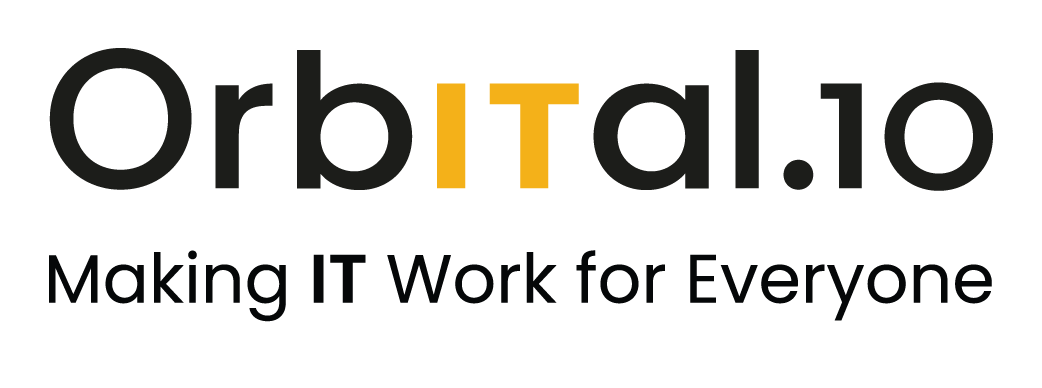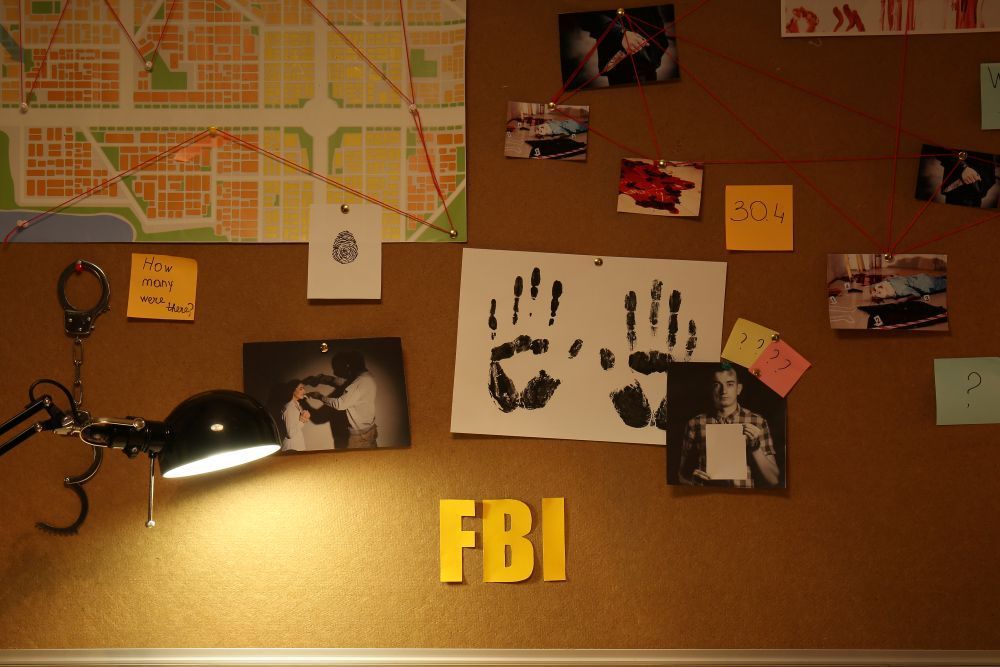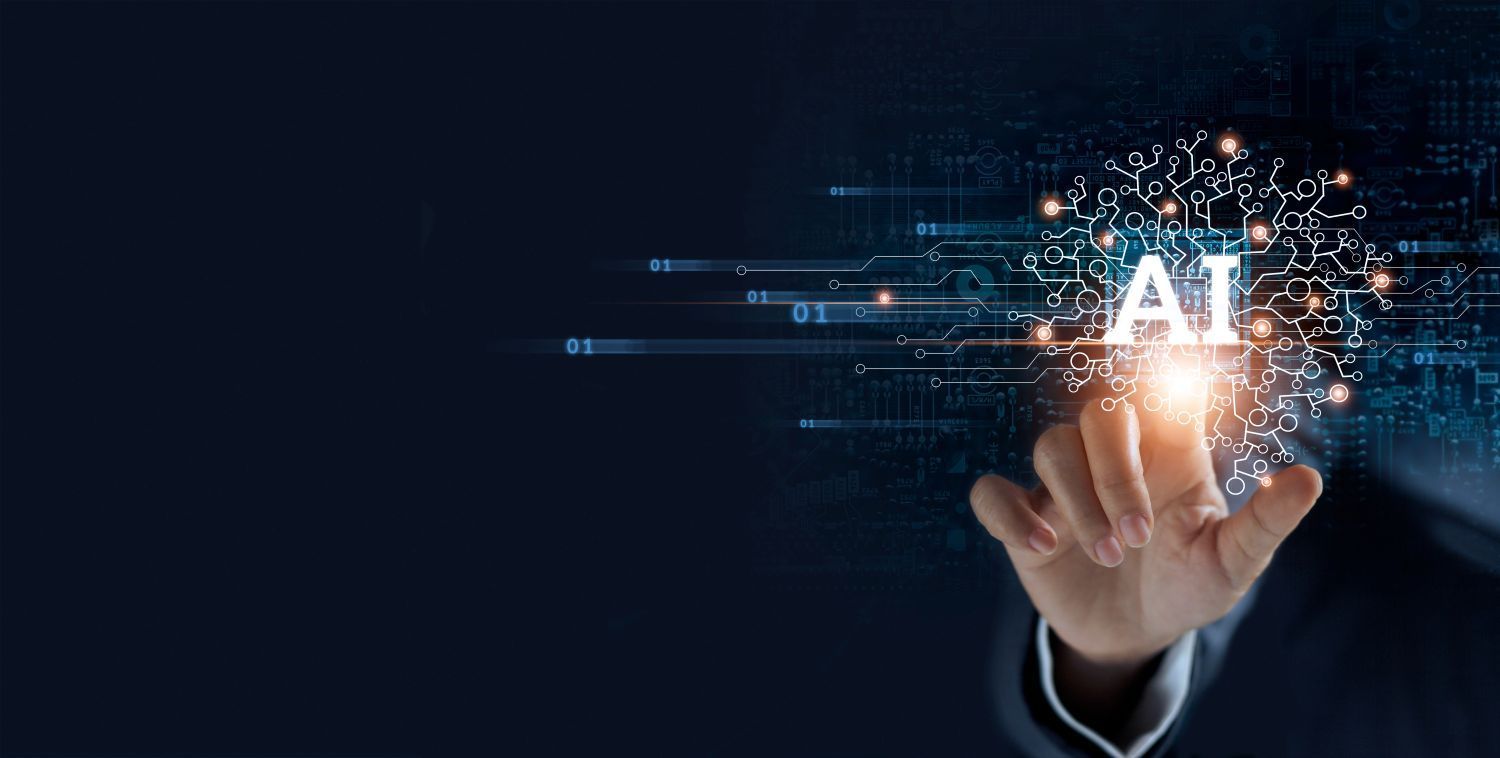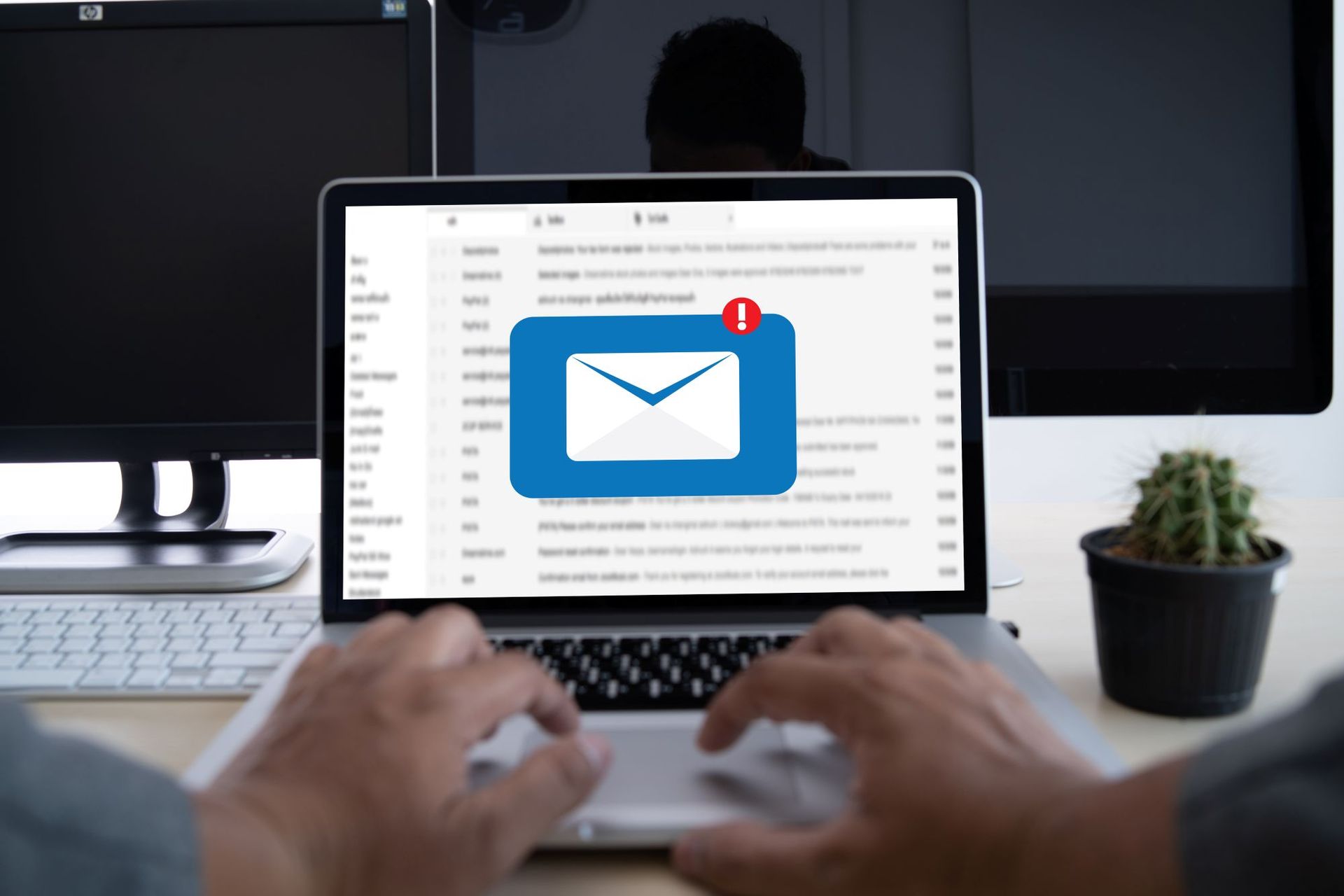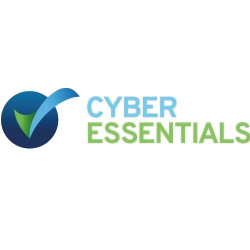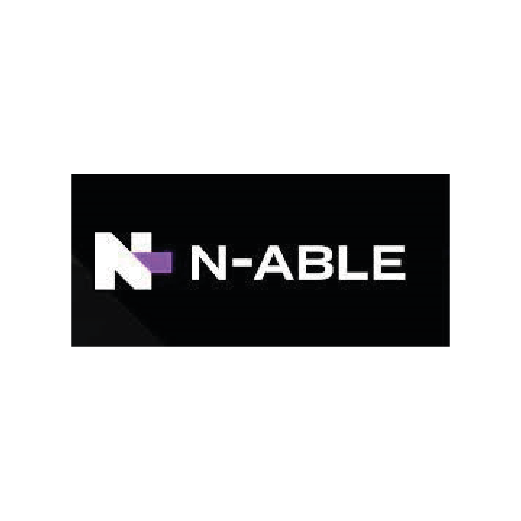New year, new digital you! Declutter your digital life.
These days, our lives are intricately woven into the digital fabric. From emails to photos, documents to apps, our devices store tons of information. It’s easy to feel overwhelmed at the sight of an endless inbox or app library.
As the new year begins, it's the perfect time for a digital declutter. A clean and organised digital environment can help you improve your productivity. It also reduces stress. Here are some practical tips to help you declutter your digital space.
1. Start with a digital inventory
Before diving in, assess your digital landscape. Take stock of your devices, accounts, and digital files. Knowing what you have is the first step toward effective decluttering.
2. Focus on your most-used digital spaces
You don't have to declutter everything at once. Start with the digital spaces that you use the most. Such as your email, cloud storage, and social media. These are the places where digital clutter can accumulate. As well as affect your performance and well-being.
Also, focus on your primary devices. Like your smartphone, laptop, or tablet. Decluttering these devices will have an immediate impact on your daily life.
3. Organize your files and folders
One of the best ways to declutter your digital space is to organise your files and folders. Create a systematic file organisation structure. Use clear, intuitive folder names and categorise files logically. Use colour coding to quickly identify specific subjects. This makes locating documents easier and prevents clutter from accumulating.
Delete or archive any files that you don't need anymore. Back up your important data to a cloud service or an external drive.
4. Clean up your email inbox
Your email inbox can be a source of stress and distraction. Especially if it's overflowing with unread or unwanted messages.
To declutter your email inbox, you can:
- Unsubscribe from newsletters or promotional emails that you don't read or need.
- Use filters or labels to sort your emails by sender, subject, or priority.
- Archive or delete old or irrelevant emails.
- Set up a folder or label for the current year, quarter, or month, and move your emails there.
- Refresh your email signature and make sure it has your correct information.
5. Clean up your social media
Social media can be a great way to connect with others. But it can also be a source of digital clutter. Especially if you have too many accounts, posts, messages, or notifications.
To declutter your social media accounts, you can:
- Delete or deactivate any accounts that you don't use or need.
- Unfollow or mute any accounts that don't add value to your life.
- Clear your message inboxes and delete any spam or unwanted messages.
- Delete or archive any posts or photos that you don't want to keep.
- Adjust your privacy and notification settings to suit your preferences.
6. Review your subscriptions
Another way to declutter your digital space is to review your subscriptions. You may have signed up for services that you don't use or need anymore. Cancel any subscriptions that you don't need. These may include streaming services, membership sites, cloud services, or mobile apps.
This decluttering move can help you save money besides streamlining your digital environment.
7. Review and delete unused apps
Apps can clutter your device and drain its resources. Review your apps and delete the ones you seldom use. Keep only essential applications to optimise device performance.
Old, unused mobile apps can also pose a security risk. If you’re not using the app, it’s likely outdated. Update any apps that you’re keeping to properly secure them.
8. Clear your desktop and downloads folder
A cluttered desktop and downloads folder can hamper productivity. Move files to appropriate folders and clear your desktop. This creates a clean, distraction-free workspace. It can also speed up your computer.
9. Secure your digital identity
Review your online accounts. Delete unused accounts and update passwords for security. Consider using a reputable password manager to enhance your online security.
10. Evaluate your digital habits
Reflect on your digital habits. Identify time-wasting activities and limit them. Set boundaries for social media and focus on meaningful online interactions.
11. Create digital detox days
Set up specific days for a digital detox. Disconnect from screens. Engage in physical activities and spend quality time with loved ones. Regular digital detox fosters mental well-being.
12. Streamline notifications
Excessive notifications can overwhelm and distract. You may feel like you’re not getting anything done because of constant interruptions. Customise app notifications, allowing only essential alerts. This minimises distractions and enhances focus.
13. Invest in digital tools
Use productivity apps and tools. Project management apps, note-taking tools, and calendars help streamline tasks and enhance efficiency.
14. Practice regular maintenance
Digital decluttering is not a one-time task. It’s an ongoing process. Schedule regular maintenance sessions to keep your digital life organised and clutter-free.
Need Help with Data Management Solutions?
Here’s to stepping into the new year with a clear, focused mind and a more organised digital life. We can help you keep your data under control. We offer effective data storage, backup, and management solutions. Give us a call >
Article used with permission from The Technology Press.
